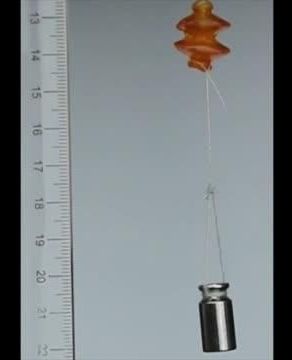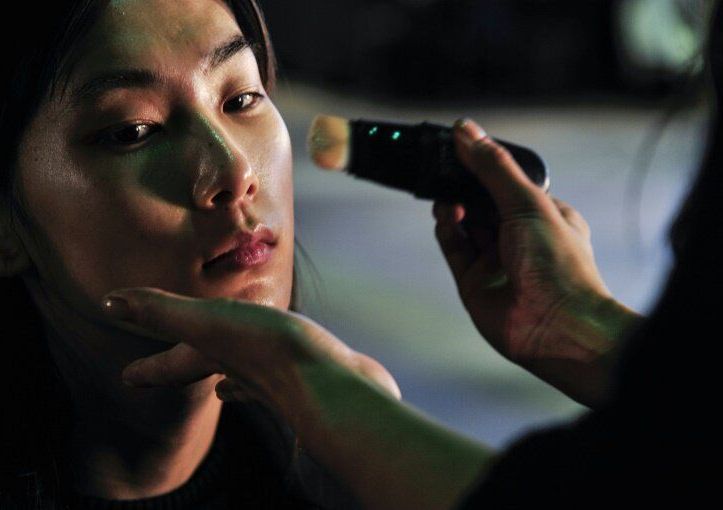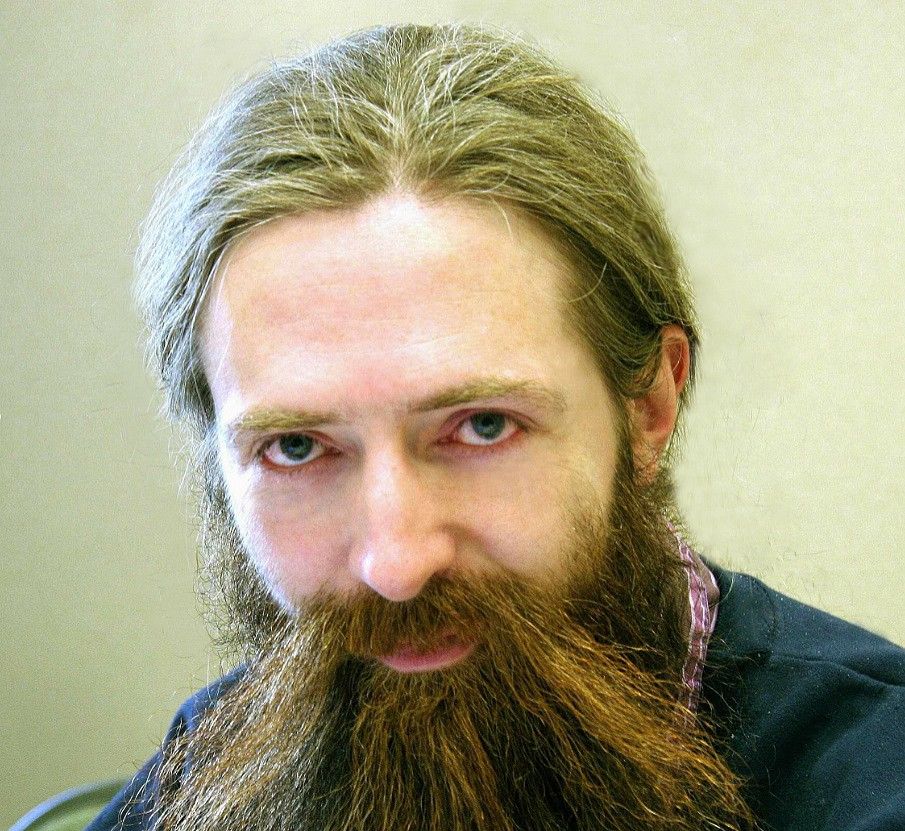Apr 10, 2019
Program: We are happy to announce Dr. Ruby Yanru Chen-Tsai, Co-founder and Chief Scientific Officer at Applied StemCell, Inc. as a speaker for the 2019 Undoing Aging Conference
Posted by Michael Greve in categories: bioengineering, biotech/medical, genetics, life extension
“Ruby, along with her company Applied Stem Cell, is one of the world’s most respected experts in gene editing. We are delighted to be working with her on our ambitious project to transform the potential of somatic gene therapy, in terms of both its safety from creating unwanted mutations and its efficacy in delivering large amounts of DNA, which is founded on some pioneering work at Stanford in which she was also heavily involved.” says Aubrey de Grey.
https://www.undoing-aging.org/news/dr-ruby-yanru-chen-tsai-t…b5IQ0dQ64s
#undoingaging #sens #foreverhealthy

















